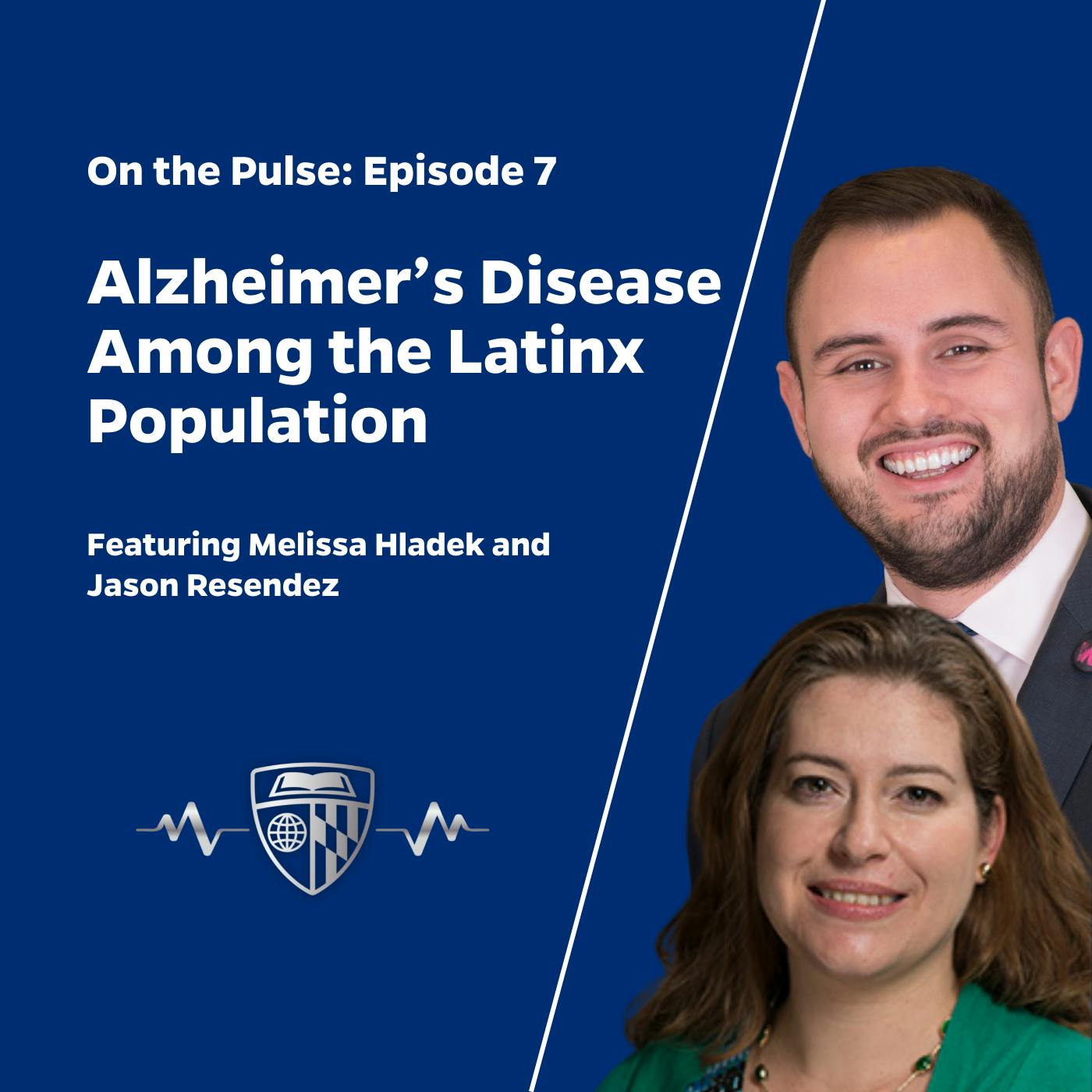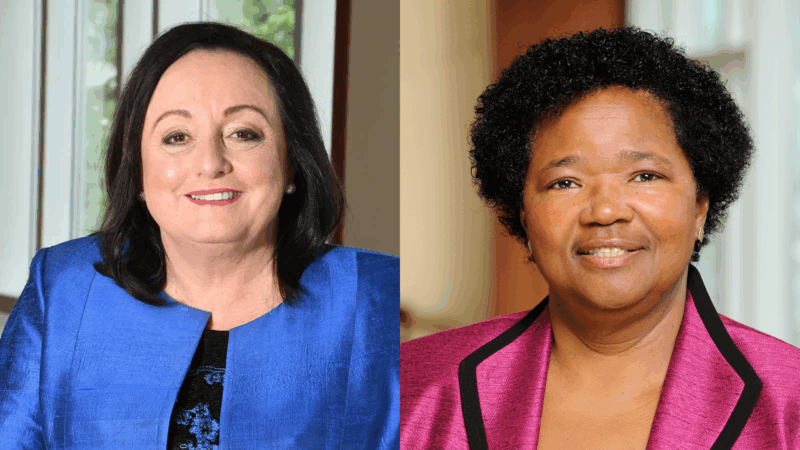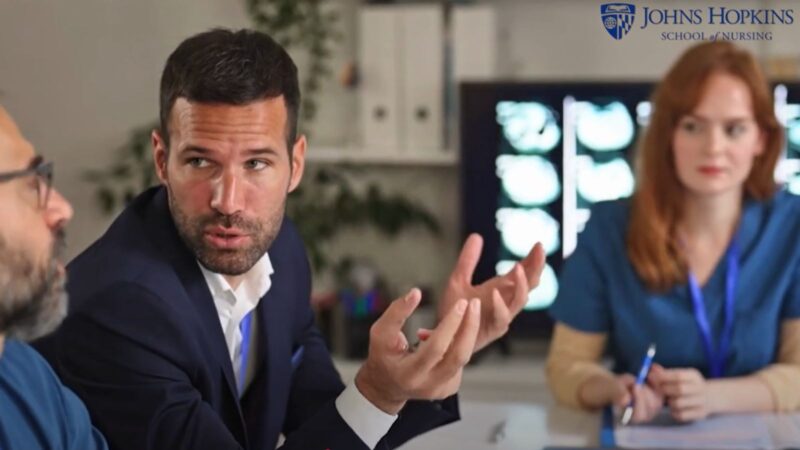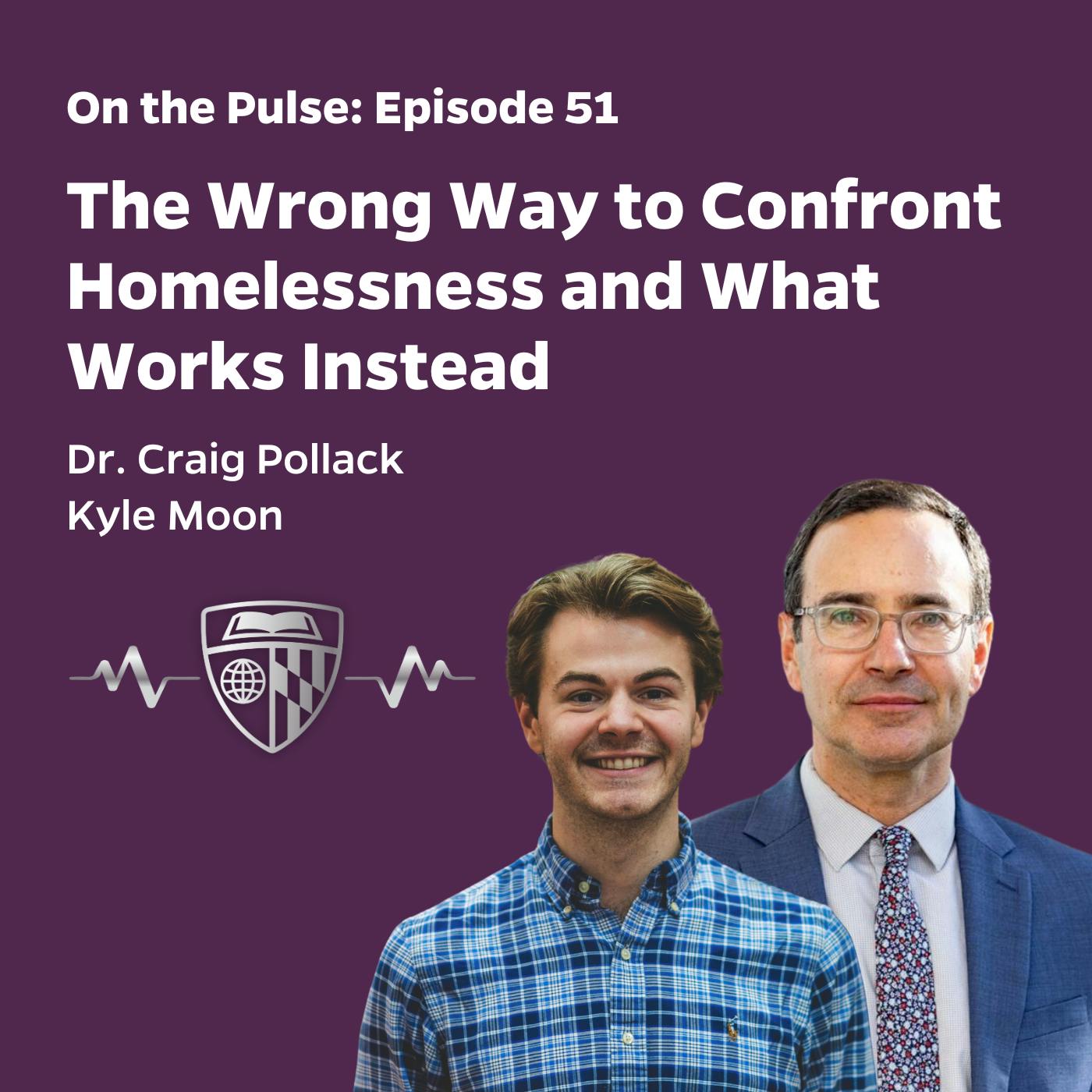In the United States, Latinos are 1.5 times more likely than non-Latino whites to develop Alzheimer’s disease. Right now, the Latino population makes up the country’s youngest racial or ethnic group, and as this population ages, a dramatic increase in cases of Alzheimer’s disease could follow.
What are health care professionals doing to prepare for this increase? What other factors might be contributing to their increased risk for the disease? And what can Latinos do to protect their brain health?
In honor of National Hispanic Heritage Month, Dr. Melissa Hladek and Jason Resendez join the show to discuss these questions and more.
Hladek is assistant professor at the Johns Hopkins School of Nursing, who is a researcher-clinician studying how stress, self-efficacy resilience, and sociocultural factors influence the biology of aging and chronic disease. She is president-elect for the National Association of Hispanic Nurses-DC Chapter and advisor for the Latinx Health Advisory Group at the Johns Hopkins School of Nursing.
Jason Resendez is executive director of the UsAgainstAlzheimer’s Center for Brain Health Equity and chief of staff of UsAgainstAlzheimer’s. Jason has helped establish UsAgainstAlzheimer’s as a hub for driving brain health equity through public health strategies, community anchored research collaborations, and patient advocacy. In 2020, Resendez was recognized as one of America’s top 20 “Influencers in Aging” by PBS Next Avenue.
Podcast References and Resources
- CDC’s Healthy Aging Program
- MyBrainGuide
- National Association of Hispanic Nurses
- National Hispanic Heritage Month
Continue the Conversation







